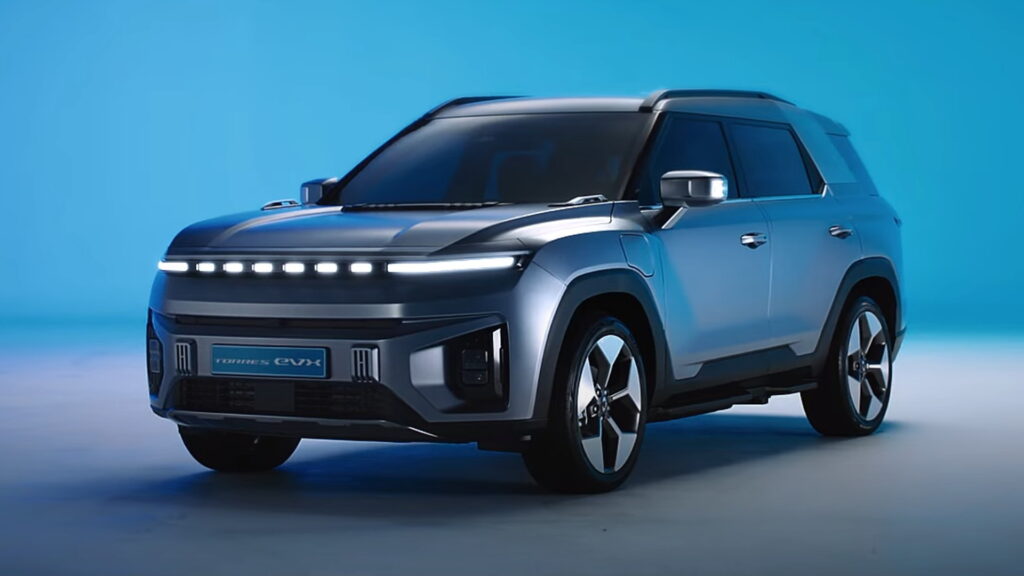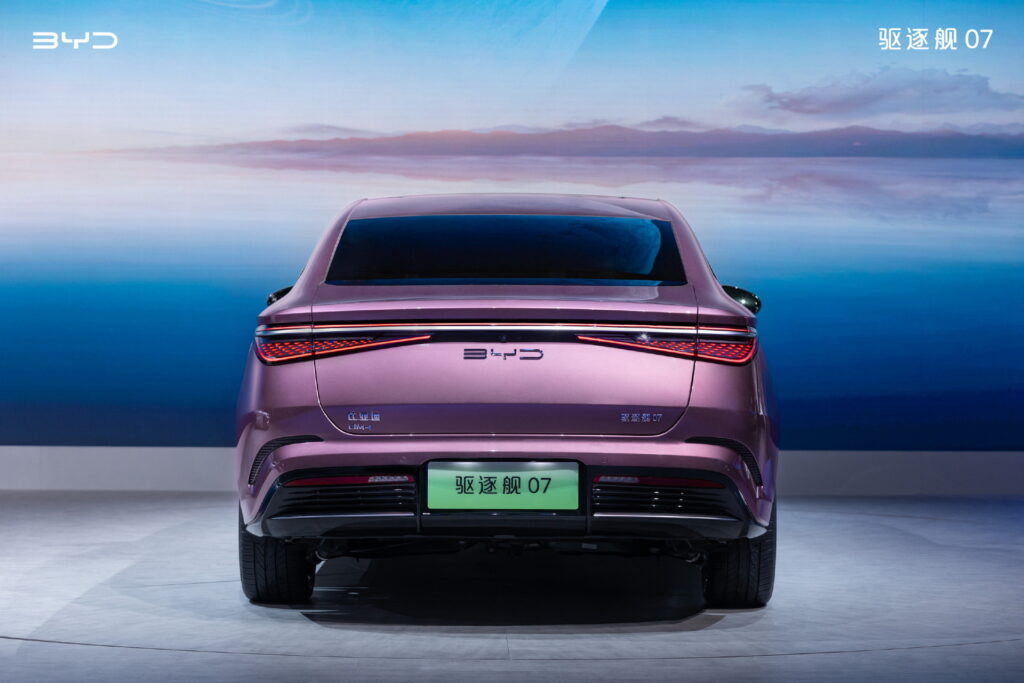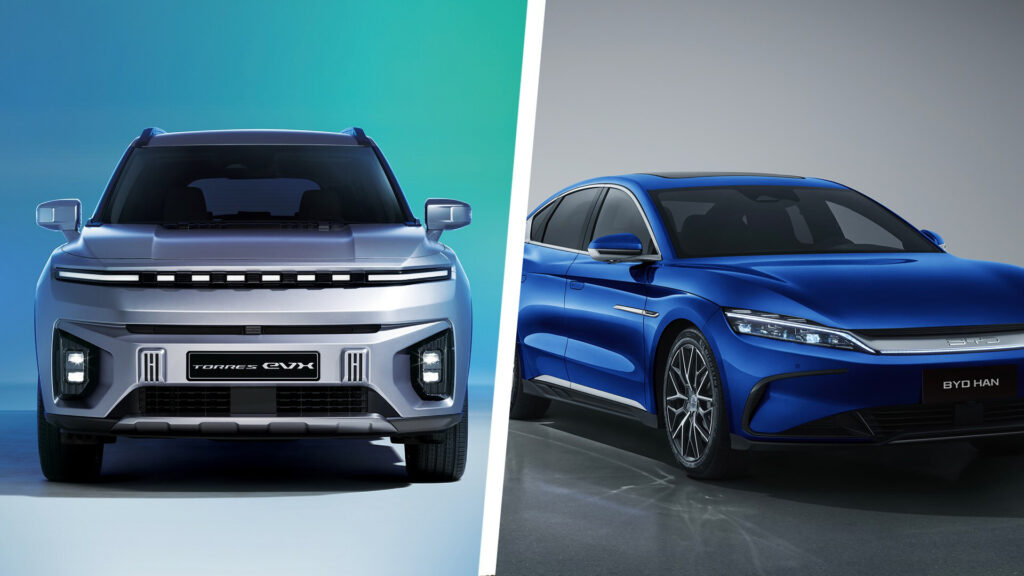The world’s largest manufacturer of electrified vehicles, BYD, is looking to grow its presence even further and is planning to establish a joint electric vehicle battery plant in South Korea with KG Mobility.
While details about the joint venture are still thin on the ground, it is reported that both BYD and KG Mobility want to secure stable battery supplies with the venture. Additionally, it is reported that mass production at the plant could start as early as January 2025. While BYD has not responded to the report, such a venture would be the first established between a Chinese car/battery manufacturer and a South Korean carmaker.
“It is indeed a significant event, a major cell maker like BYD having production capacity in South Korea, where local cell makers have not yet mastered the technology to offer low-cost batteries BYD could offer to automakers,” Hyundai Motor Securities analyst Kang Dong-jin said.
Read: BYD Just Built Its 5 Millionth EV And Hybrid, 9 Months After Hitting 3 Million Mark

BYD is particularly well-versed in the development and production of lithium-iron-phosphate batteries whereas South Korean battery makers LG Energy Solution, Samsung SDI, and SK On are primarily focused on nickel cobalt batteries, Reuters reports.
It is understood that a key reason why BYD wants to partner with KG Mobility to build batteries in South Korea is that it will help it circumvent U.S. EV tax credit rules aimed at reducing the nation’s reliance on Chinese batteries. For newly-built EVs to be eligible for the full $7,500 tax credit in the U.S., they must use at least 40% critical materials sourced from the U.S. or a free trade partner of the U.S. Critically, South Korea has a free trade agreement with the U.S. while China does not.
More than $4 billion worth of investments have already been announced by Chinese companies and Korean partners to build battery plants in Korea. One of these is Ningbo Ronbay Energy Technology Co which said it will produce 80,000 tons of ternary precursors in Korea at a new factory as it will make it eligible for U.S. tax breaks.




